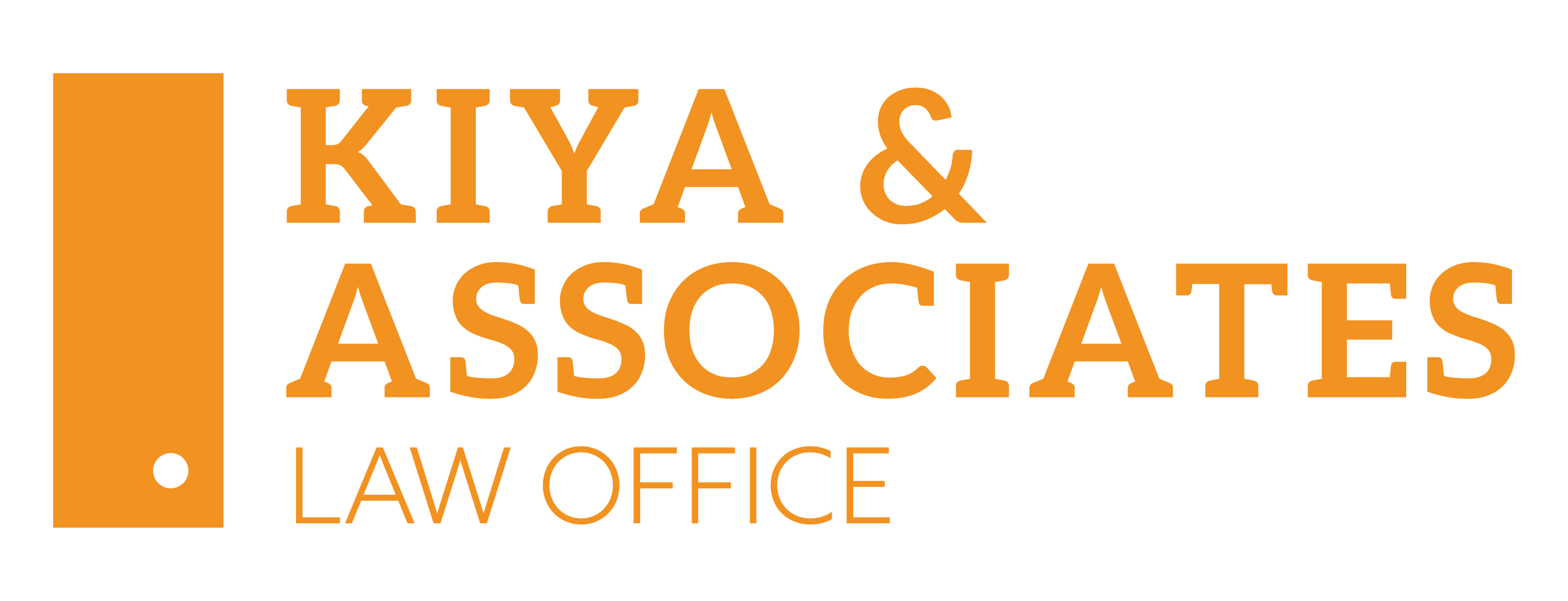


Definition of Personal Data
Regulatory Authority and Its Mandates
The Ethiopian Communications Authority (ECA) has been designated as the regulatory body responsible for overseeing the implementation of the proclamation. The Authority is entrusted with a broad range of responsibilities, inter-alia, including:
- Regulating both private and public sector organizations in matters of data protection.
- Ensuring compliance with the rights of individuals regarding their personal data.
- Registering and revoking authorizations for data controllersand data processors.
- Establishing procedures for obtaining, retaining, using, and disclosing personal information.
- Handling complaints from individuals regarding the processing of their personal data.
Through these mandates, the Authority plays a crucial role in upholding individuals’ data protection rights while placing greater accountability on entities processing personal data.
Core Principles of Data Processing
The proclamation outlines key principles that entities processing personal data must adhere to. These include:
- Lawfulness, Fairness, and Transparency: – Processing must be conducted in a lawful, fair, and transparent manner.
- Purpose Limitation: – Data must be collected for a specified, explicit, and legitimate purpose.
- Data Minimization: – Only necessary data should be collected and processed.
- Accuracy:-Entities must ensure that personal data is accurate and up to date.
- Integrity and Confidentiality:- Personal data must be securely processed to protect against unauthorized access, loss, or destruction.
Sensitive Personal Data and Stricter Regulations
The proclamation classifies certain types of personal data as sensitive personal data, which are subject to more stringent regulatory requirements. These, among other, include:
- Racial or ethnic origin
- Political opinions
- Religious beliefs
- Membership in trade unions
- Physical and mental health conditions
- Genetic information
- Criminal records, including alleged offences, legal proceedings, and court decisions
Due to the potential greater risks associated with these categories, their processing is subject to heightened safeguards to ensure individuals’ rights and privacy are adequately protected.
Economic and Legal Implications
Implementing a robust data protection framework benefits not only individuals but also the economy. The proclamation fosters confidence in digital transactions, enabling businesses to operate securely in an increasingly data-driven environment. By ensuring compliance with international data protection standards, Ethiopia enhances its competitiveness in the global digital economy, attracting foreign investment and facilitating secure cross-border data flows.

